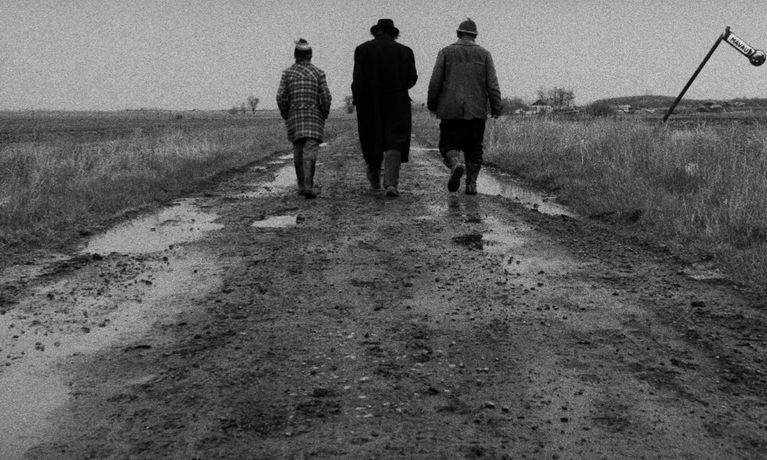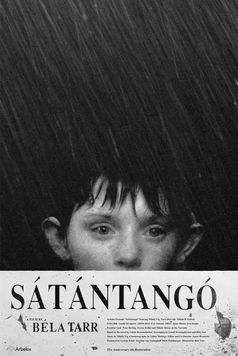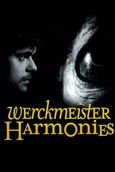
Satantango
Drama
-
1994
Add to Watchlist
Add to Seenlist
Add to Blacklist
Add to or remove from a custom list
Inhabitants of a small village in Hungary deal with the effects of the fall of Communism. The town's source of revenue, a factory, has closed, and the locals, who include a doctor and three couples, await a cash payment offered in the wake of the shuttering. Irimias, a villager thought to be dead, returns and, unbeknownst to the locals, is a police informant. In a scheme, he persuades the villagers to form a commune with him.
Director:
Cast:

Same Director
Details
Rated:
N/A
Runtime:
432 min
Release date:
8 Feb 1994
Country:
DE, HU, CH
Languages:
Hungarian
Budget:
$1,500,000
Revenue:
$0
Awards:
3 wins & 1 nomination.
Top Critics Reviews
fresh:
This startling, apocalyptic work is sometimes over-extended, but it builds to a powerful, rhythmic climax of breakdown and withdrawal.
– Geoff Andrew,
Time Out,
9 Feb 2006
fresh:
In Satantango, life is beautiful and grotesque by turns, and never less than mesmerizing.
– Colin Covert,
Minneapolis Star Tribune,
1 Feb 2007
fresh:
Critics have rightfully hailed Tarr as one of filmdom's criminally undersung geniuses.
– Ed Halter,
Village Voice,
5 Oct 2007
fresh:
The marathon Satan's Tango is a magnum opus to end all magna opera, a dark, funny, apocalyptic allegory of the Hungarian psyche that stimulates, irritates, soothes and startles with blinding strokes of genius in equal turn.
– Derek Elley,
Variety,
26 Mar 2009
fresh:
Its seven-hour runtime warns off dabblers, the one-screening-a-day bulk defies profit motive, and its protagonists -- Tarr's "poor, ugly, sad, and damned people" -- deny expectations of pleasure. It is also, at times, funny as hell.
– Nick Pinkerton,
Village Voice,
20 Oct 2009





